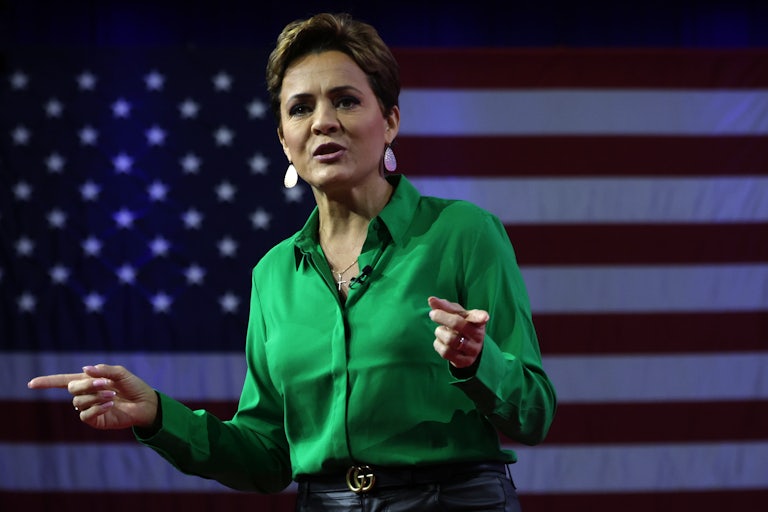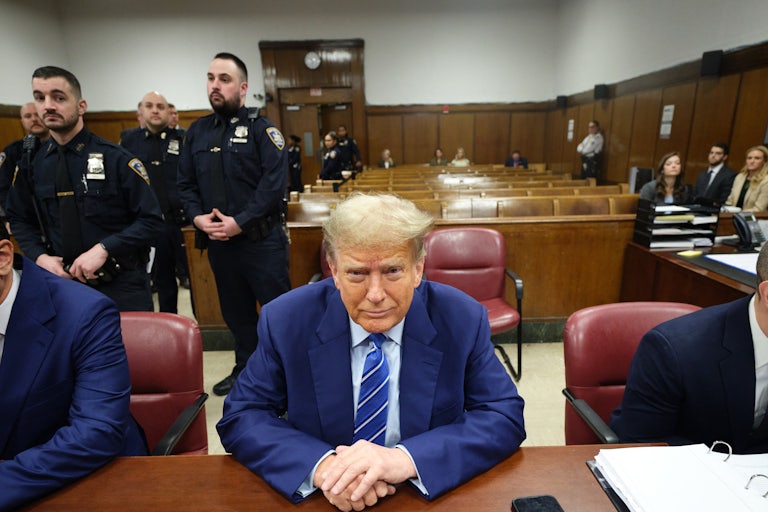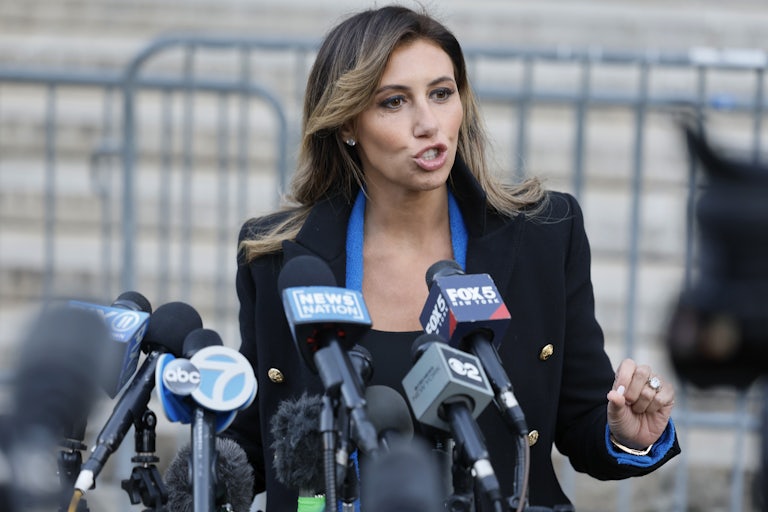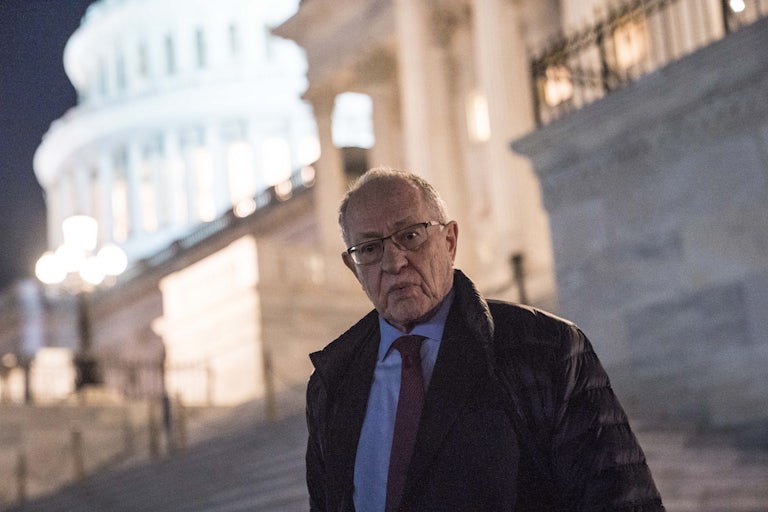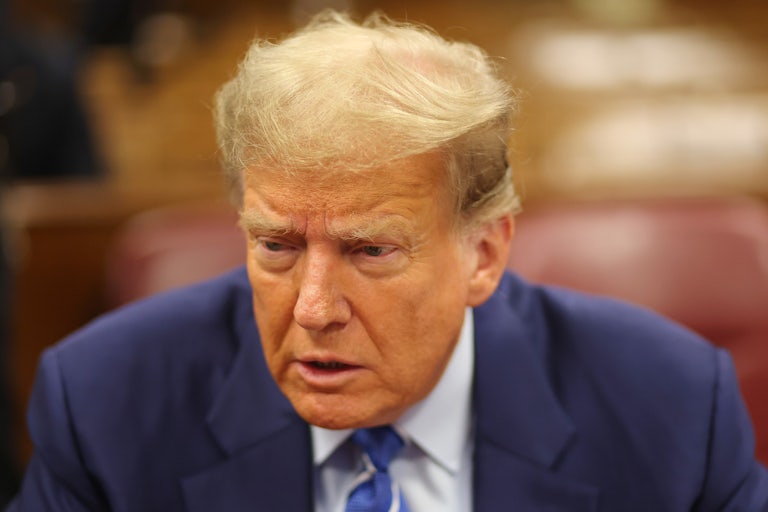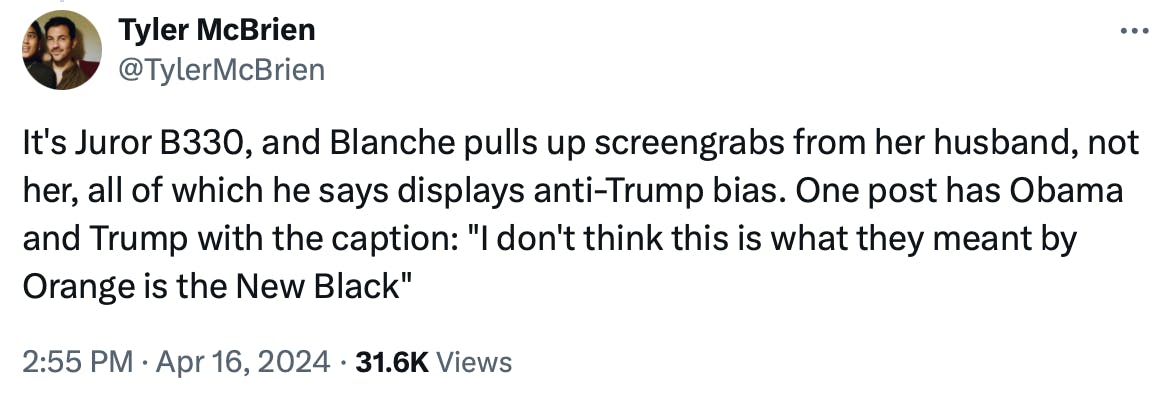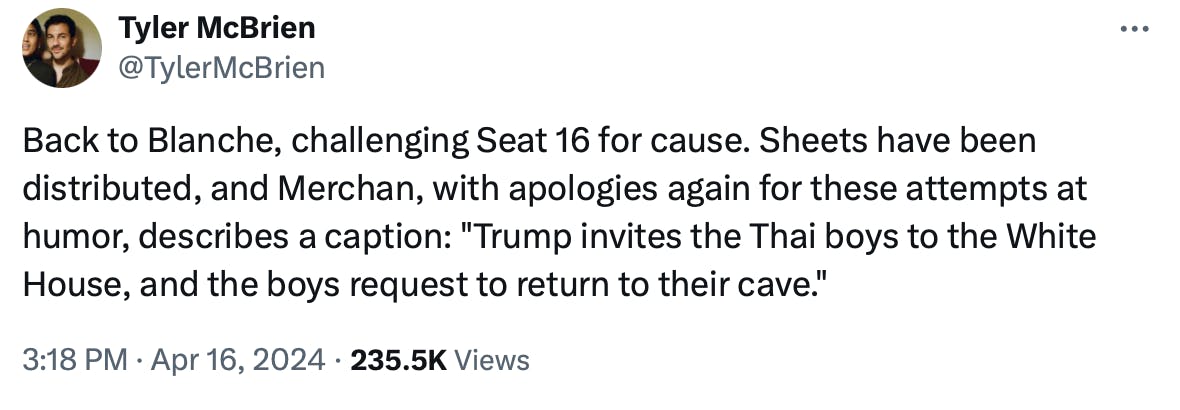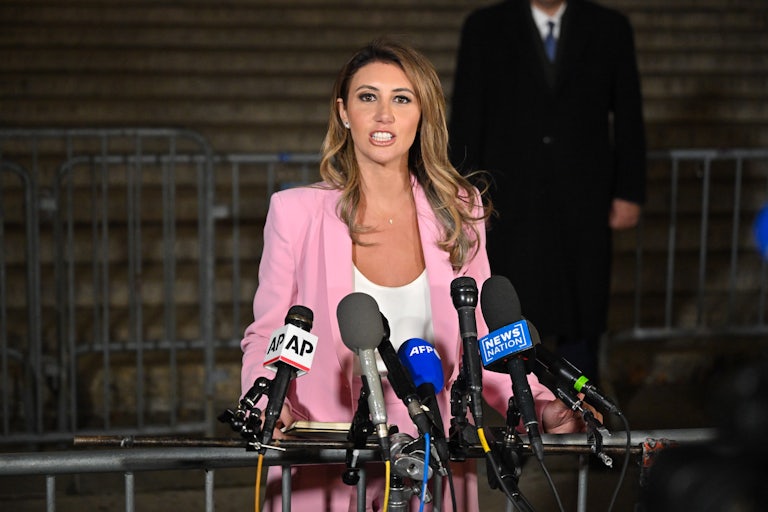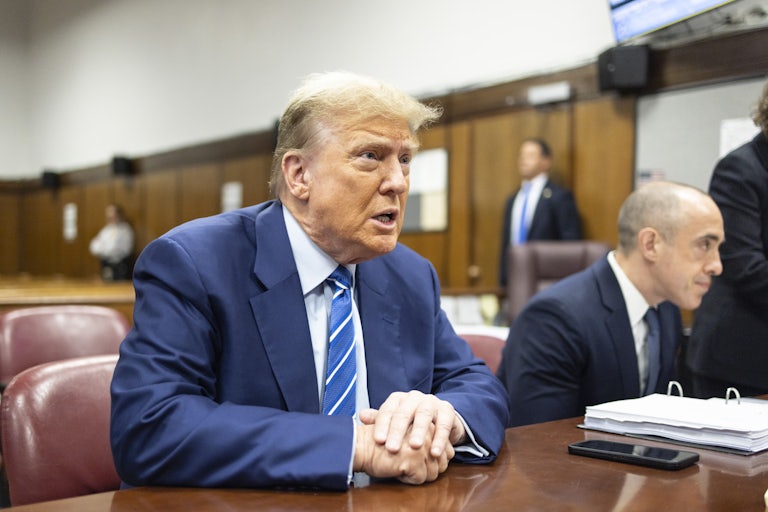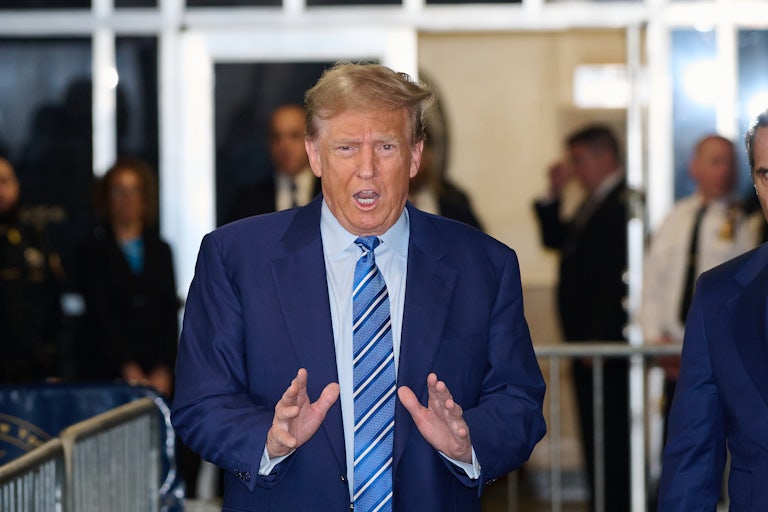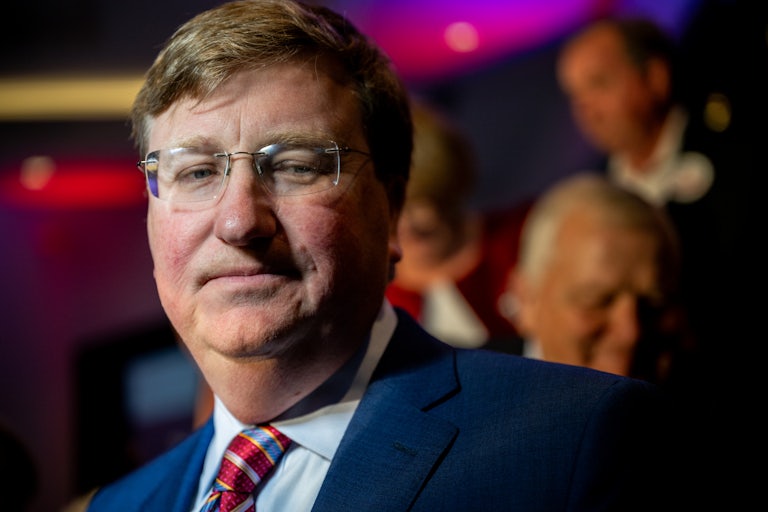House Republican Delays Departure to Screw Over His Own Party
Representative Mike Gallagher is staying an extra few days to help with a foreign aid package.
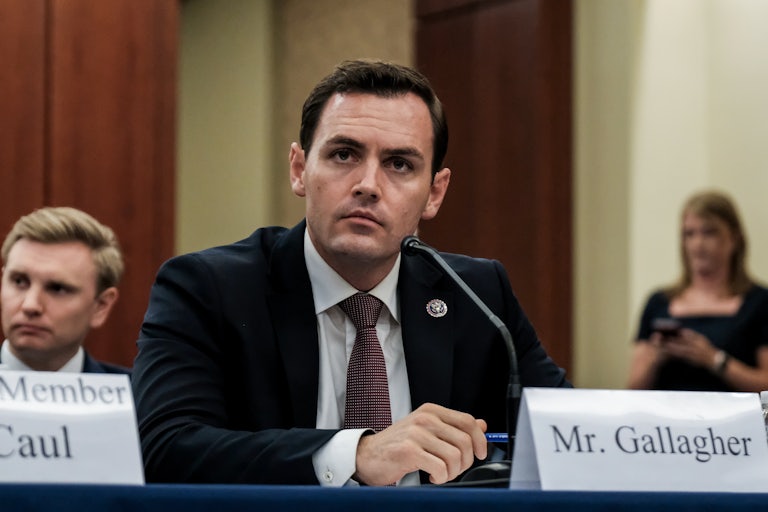
Representative Mike Gallagher’s last day in Congress was supposed to be Friday, but some wavering votes on upcoming legislation might delay his exit.
The Wisconsin Republican confirmed Wednesday that he would be sticking around for an “extra day or so” to help push through Speaker Mike Johnson’s foreign aid package for Taiwan, Israel, and Ukraine, according to CNBC’s Emily Wilkins.
“His office says he has the flexibility,” Wilkins wrote on X, formerly known as Twitter.
Gallagher’s decision to stay may help offset a growing number of Republicans who appear upset about a series of forthcoming bills, which include the foreign aid package, a border security bill that will include “core components” of the GOP’s border security proposal known as H.R. 2, an amendment process on the Rebuilding Economic Prosperity and Opportunity for Ukrainians Act, and Gallagher’s TikTok ban.
One of those uncertain Republicans is South Carolina Representative Ralph Norman, who reversed his stance on the supplementary aid package on Tuesday after supporting it for the better part of the last week, telling Politico’s Jordain Carney that he wasn’t sure he’d vote in support of it in the Rules Committee anymore.
“I don’t know. This is very upsetting. And I don’t understand it,” Norman told Carney.
And Gallagher’s delayed leave will push back a proposal by Georgia Representative Marjorie Taylor Greene to strip Johnson of the gavel over his support for Ukraine, an effort that received a small boost of support on Tuesday after Kentucky Representative Thomas Massie announced he was also sick of Johnson. That effort needs just one more conservative defector in order to oust the speaker—or it could move forward with just the two of them, if it takes place after Gallagher’s exit.
When the Wisconsin lawmaker announced his leave in March, he chose the original exit date of April 19 with apparent disregard for how his caucus might replace him. That date was already too late to host a special election to refill his seat and help Republicans keep their razor-thin majority. The new date of departure, which seems to be foggy, won’t make that process any easier.
